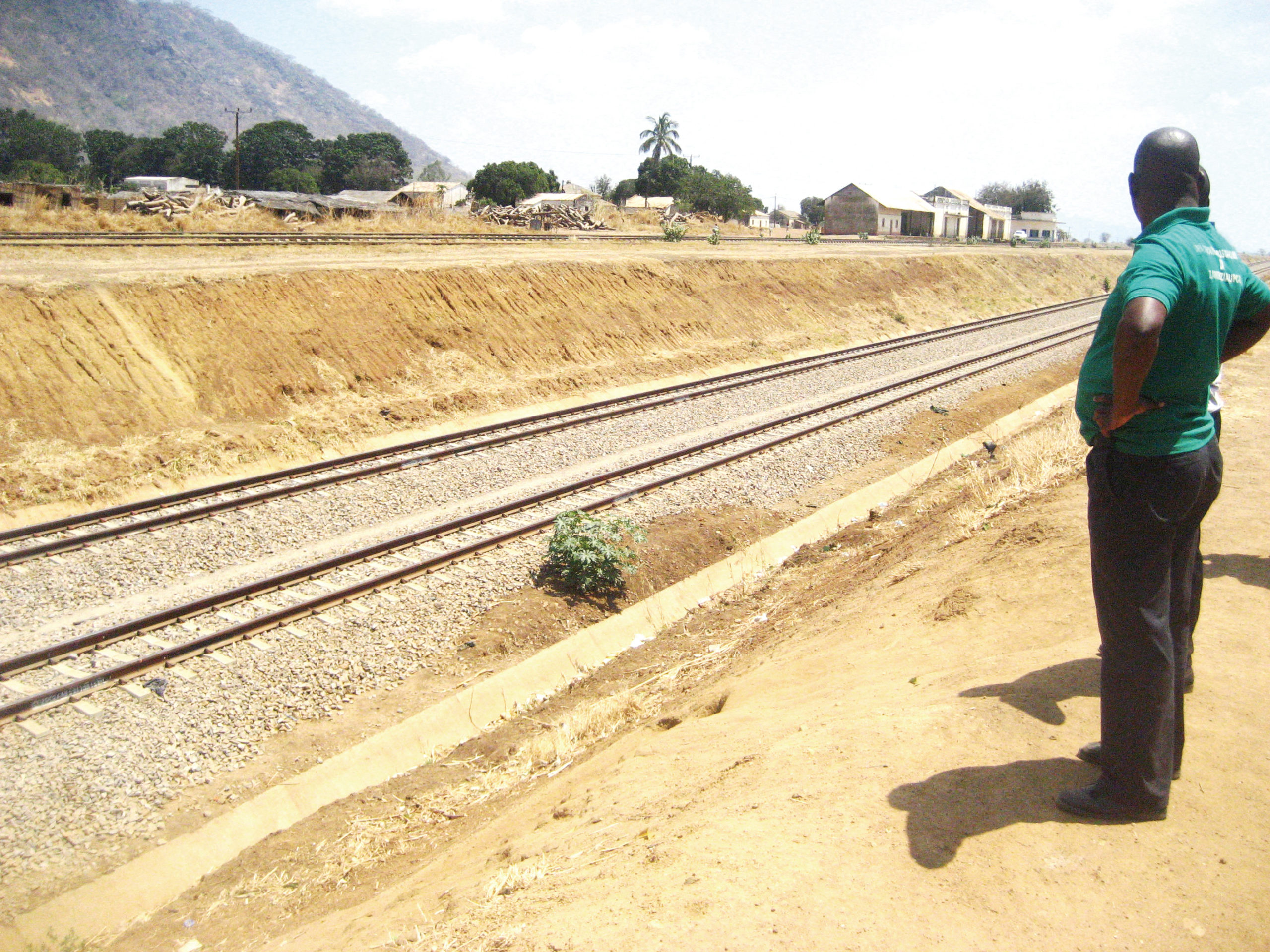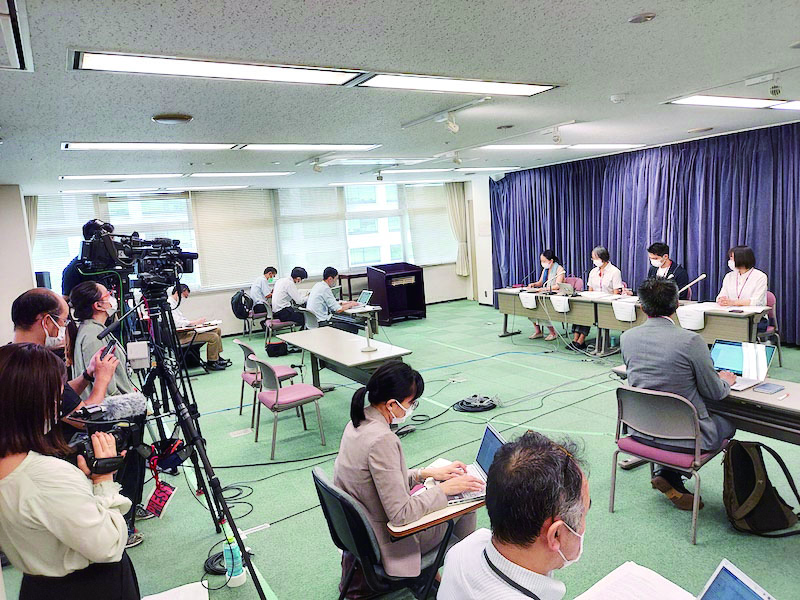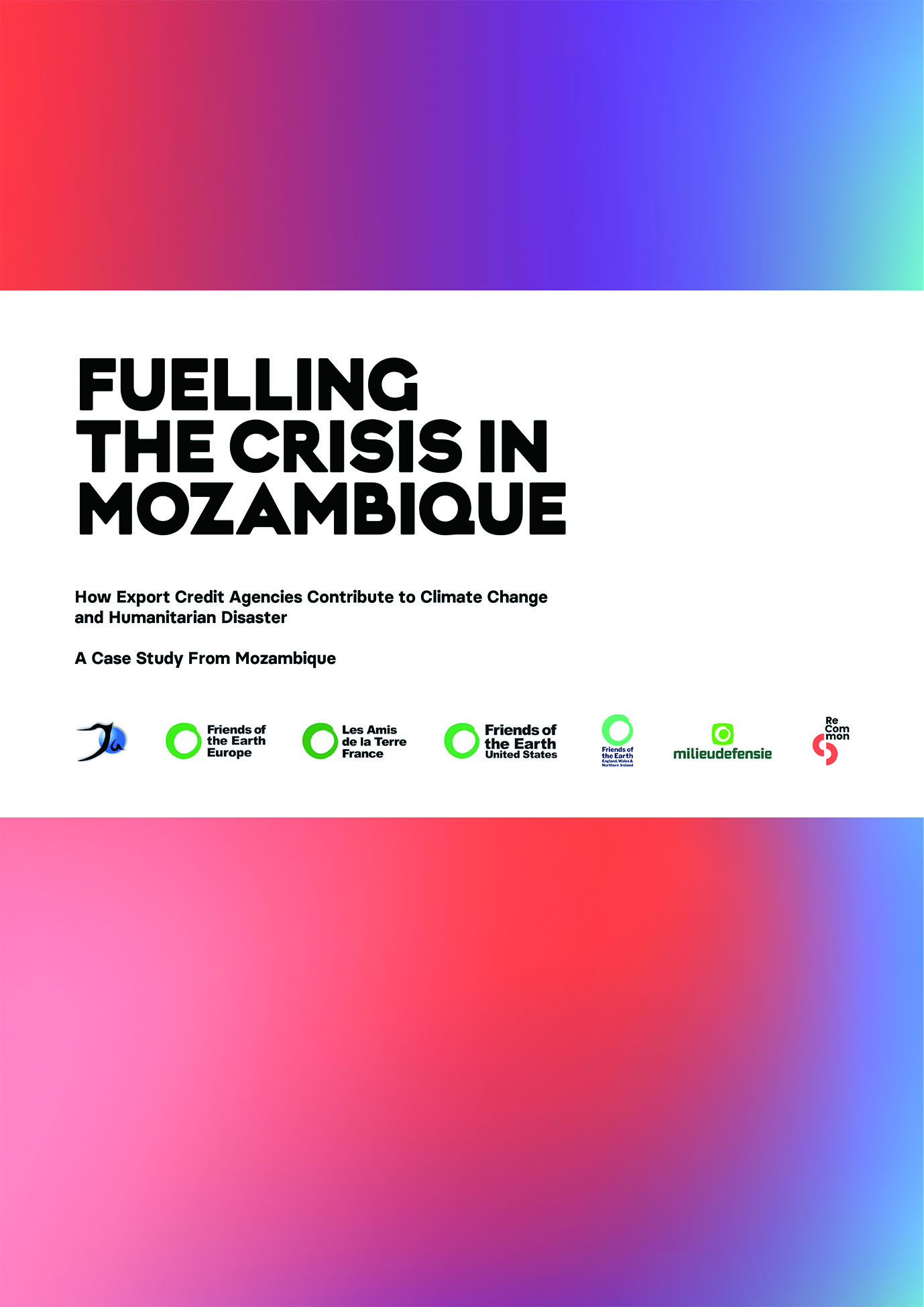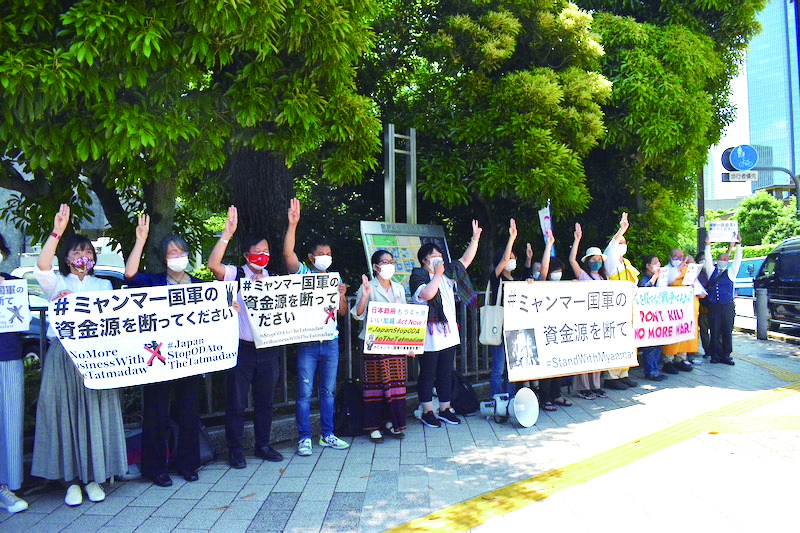
The Nacala railway has caused various problems such as forced relocation due to maintenance and new construction, loss of land and livelihoods, and accidental fall onto rail tracks.
Program Background
We have been engaged in advocacy activities based on discussions during the representative conference held by all the staff members of JVC in 2019. We aim to improve situations where people cannot decide for themselves how to live, remove the damage caused by exploitation and conflicts due to unilateral development, protect the sovereignty of residents, and restore their human rights.
In particular, we have been working on visualizing and disseminating the following issues in Africa and making policy proposals: the destruction of traditional agricultural systems, livelihoods, and the environment due to investment and trade liberalization as well as the problems associated with resource development and exploitation (land, fossil fuels, mineral resources, etc.) and conflicts caused by these.
We continued our activities for Mozambique and Burma/Myanmar where the same problematic structure can be seen. We also continued activities related to Japan’s security policy as part of our activities on conflict resolution and peacebuilding.
Networking and advocacy with people fighting against resource grabbing and human rights violations caused by development projects
Nacala Economic Corridor Development
In northern Mozambique, the development of agriculture, resources, and infrastructure in the name of public-private partnerships has caused a variety of problems.
Large-scale agricultural development called ProSAVANA was conducted as part of the Nacala Economic Corridor Development. It was funded by the Official Development Assistance (ODA) of Japan. Since local farmers voiced their concerns about the project in 2012, we have been working with them based on the previous experience and knowledge we gained in other project sites. After eight years of work, the project was finally canceled in July 2020. In order to extract the lessons learned from this experience and make the best use of it, we have begun to verify the project, including proposing an agenda to the ODA Policy Council and a regular meeting between NGOs and the Ministry of Foreign Affairs (MOFA).
Japanese companies, which are the primary implementers of coal and natural gas development and infrastructure development, invested huge amounts of public funds, for example, from the Japan Bank for International Cooperation (JBIC) and Nippon Export and Investment Insurance (NEXI). On the other hand, many problems have been observed in the region, such as the destruction of the environment and livelihoods, forced relocation of residents, and human rights violations. Armed conflict also occurred in some parts of the country. In response to these issues, we have continued policy discussions with the Ministry of Finance and JBIC.
Activities related to Burma/ Myanmar
Although we have no local activities in Burma/Myanmar, we have been working with other organizations to question the connection between businesses and the military before the coup d’état by the national army took place on February 1, 2021. There are problems similar to those seen in the Nacala Economic Corridor Development. Namely, the damage caused by Japanese aid in Mozambique and the underlying structures and problems that emerged from the perspective of business and human rights are similar to those in Burma/Myanmar. We have collaborated with organizations that have worked in Burma/Myanmar in the past on various situations. For this reason, we have worked together with cooperative organizations to ask the Japanese public and private sectors to sever financial ties with the military, issuing statements, cosponsoring events, and participating in consultations with the Japanese government and businesses.

We issued a joint statement with other organizations calling on the Japanese public and private sectors to withdraw from the projects involving Burma/Myanmar’s national army. We conducted a press conference (July 15, 2021).
Security policies, restrictions on civil activities
Security Policy
We closely monitored the deployment of the Self-Defense Forces overseas and the movement to create a system that leads to war, such as military activities in and around conflict zones and the Security Law. As part of our ongoing activities to raise our voices from the standpoint of an NGO, we gave a lecture at a citizens’ Constitution seminar.

A report by local NGOs that surveyed the damage caused by natural gas development in northern Mozambique. Japanese public and private sectors are deeply involved in this development.
Others
Response to the Political Change in Afghanistan
In August 2021, the Taliban seized power in Afghanistan, U.S. troops were withdrawn, and a new Taliban cabinet was announced. We have been providing medical care, education, peace actions, and other support activities in Afghanistan for almost 20 years, until the completion of our activities in May 2021. As an NGO that has been involved in Afghanistan, we have issued a statement, “Support for Afghanistan through dialogue, not hostility toward the Taliban” to express our views on the situation surrounding Afghanistan and the responses of the international community, the Japanese government, and the mass media. In addition, we held an online event to discuss the situation in Afghanistan with our former staff, our local partner organization Your Voice Organization (YVO), and Afghan experts. We provided information on how to calmly identify and respond to the local situation based on the country’s history.
The Situation in Ukraine
In February 2022, Russia launched a military invasion of Ukraine. JVC has not been involved in Ukraine or the surrounding region. But in the face of the situation that has shaken the world, we have released a message from our President, “Now is the Time to Stop the Division of the World: On the Occasion of the Situation in Ukraine,” based on his past experiences in conflict zones. In addition, comments on the situation in Ukraine from the perspective of JVC’s staff in charge of overseas operations were shared on YouTube and other programs. For specific inquiries about local assistance, we introduced the Japan Chernobyl Foundation (JCF), an organization with which we are deeply involved.

We continued to call for action to sever financial ties with Burma/Myanmar’s national army (June 1, 2021).
Main proposals and statements delivered in the fiscal year 2021
“Development Banks should immediately discontinue their investments in agribusiness.”
・We were involved in drafting the statement as a member.
・Signatures from about 280 organizations in 70 countries have been collected.
[Source: JVC Annual Report 2021]
Share This: